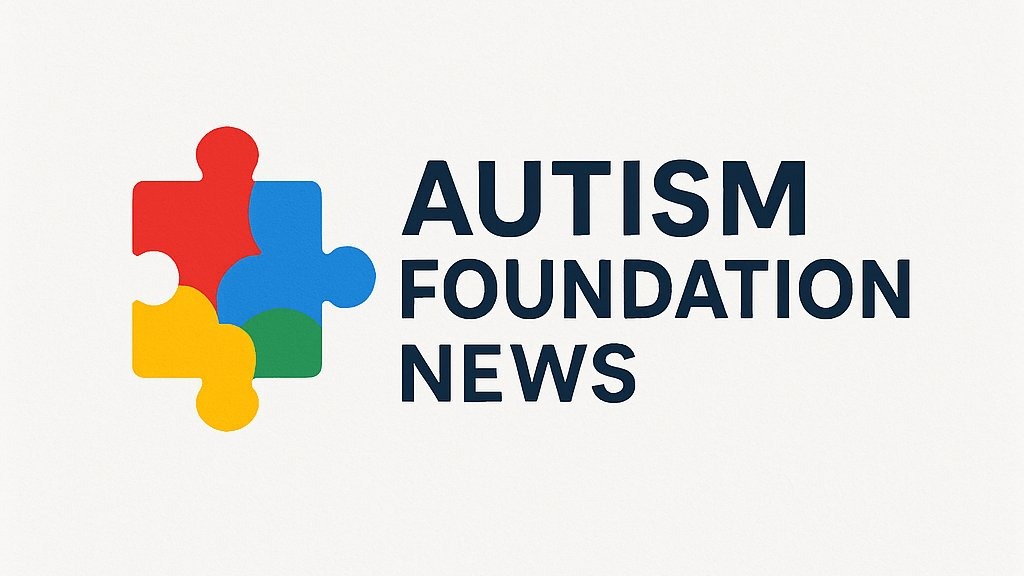
Understanding Caffeine's Impact on Autism
Caffeine consumption has become a norm in our daily lives, with energy drinks often seen as a quick fix for fatigue. However, for individuals on the autism spectrum, caffeine can present unique challenges. While a cup of coffee might provide a slight uplift, energy drinks are packed with high levels of caffeine combined with other stimulants, which can severely impact emotional regulation and mental health. The notion that all caffeinated beverages can be treated equally fails to recognize the chemical makeup of energy drinks, rich in taurine and glucuronolactone, whose long-term effects remain largely unstudied.
Personal Stories: The Struggles of Neurodivergent Individuals
Conducting an informal survey among peers revealed startling anecdotes of heightened anxiety and irritability following energy drink consumption. Neurodivergent individuals often report a sense of disconnect and chaos after indulging in these sugary caffeinated Boosters. For instance, one individual noted that their emotional state took a downward turn after a night of excessive energy drink consumption, making it difficult to focus and interact positively. It raises the question: Should society offer better warnings about the use of these products by vulnerable populations?
The Dangers: Beyond Emotional Turmoil
Recent deaths attributed to caffeine overdoses emphasize the danger energy drinks pose not only to those on the autism spectrum but also to the general population. The statistics compiling deaths from caffeine-related incidents raise eyebrows, especially with young adults and teenagers. It is essential to stress that while energy drinks can be enjoyed in moderation, the emphasis should remain on safety and awareness. Education initiatives targeted at youths regarding caffeine consumption could potentially save lives.
Why Moderation is Key
Although the occasional indulgence in an energy drink can be harmless, it’s crucial for individuals to recognize their limits. Practicing moderation is vital not only for health but also for emotional stability. Instead of relying on energy drinks that may exacerbate anxiety, exploring healthy energy-boosting alternatives, such as herbal teas or natural juices, may provide a more beneficial solution.
A Call for Industry Change: Making Drinks Neurodivergent-Friendly
There is a burgeoning need for energy drink manufacturers to reconsider their formulas, ensuring that they cater to neurodivergent-friendly standards. Companies could explore using safer and more calming ingredients to create beverages that would still be appealing while prioritizing neurological health. By making conscious changes, not only can businesses boost their sales, but they can also foster goodwill in the community.
Moving Forward: Actionable Tips for Healthier Choices
Education about caffeine's effects, recognition of personal limits, and the advent of neurodivergent-friendly drink alternatives can significantly impact overall health. Simple steps such as opting for low-caffeine alternatives, balancing one's diet, and introducing mindfulness practices can help individuals regulate their emotions more effectively. Keeping the dialogue open on neurodiversity can empower those on the spectrum to make informed choices in their dietary habits.
As we move towards healthier living, recognizing the potential pitfalls of energy drinks—a staple in modern society—can create substantial benefits for the autistic community and beyond. Your voice matters in advocating for safer choices! Encourage the conversation around this topic with friends and family and help others understand the importance of thoughtful consumption.
 Add Row
Add Row  Add
Add 




Write A Comment